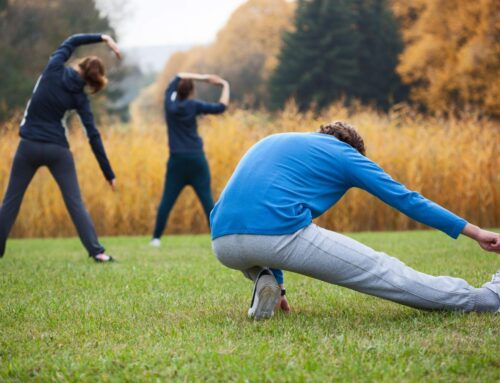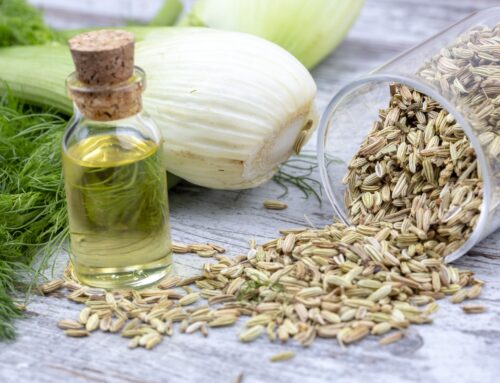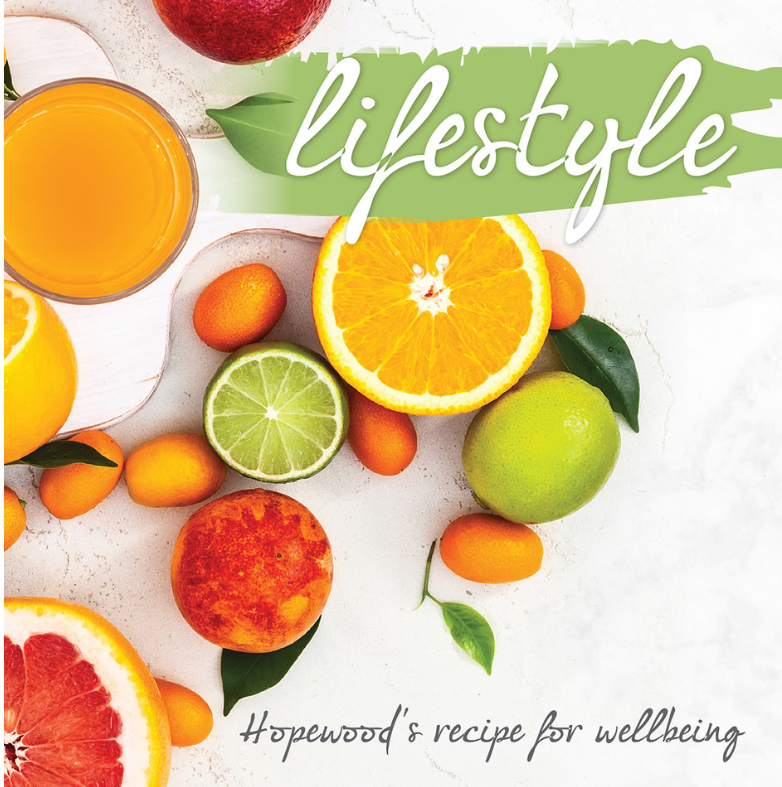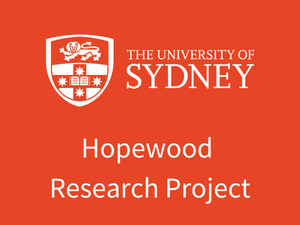Successful ageing
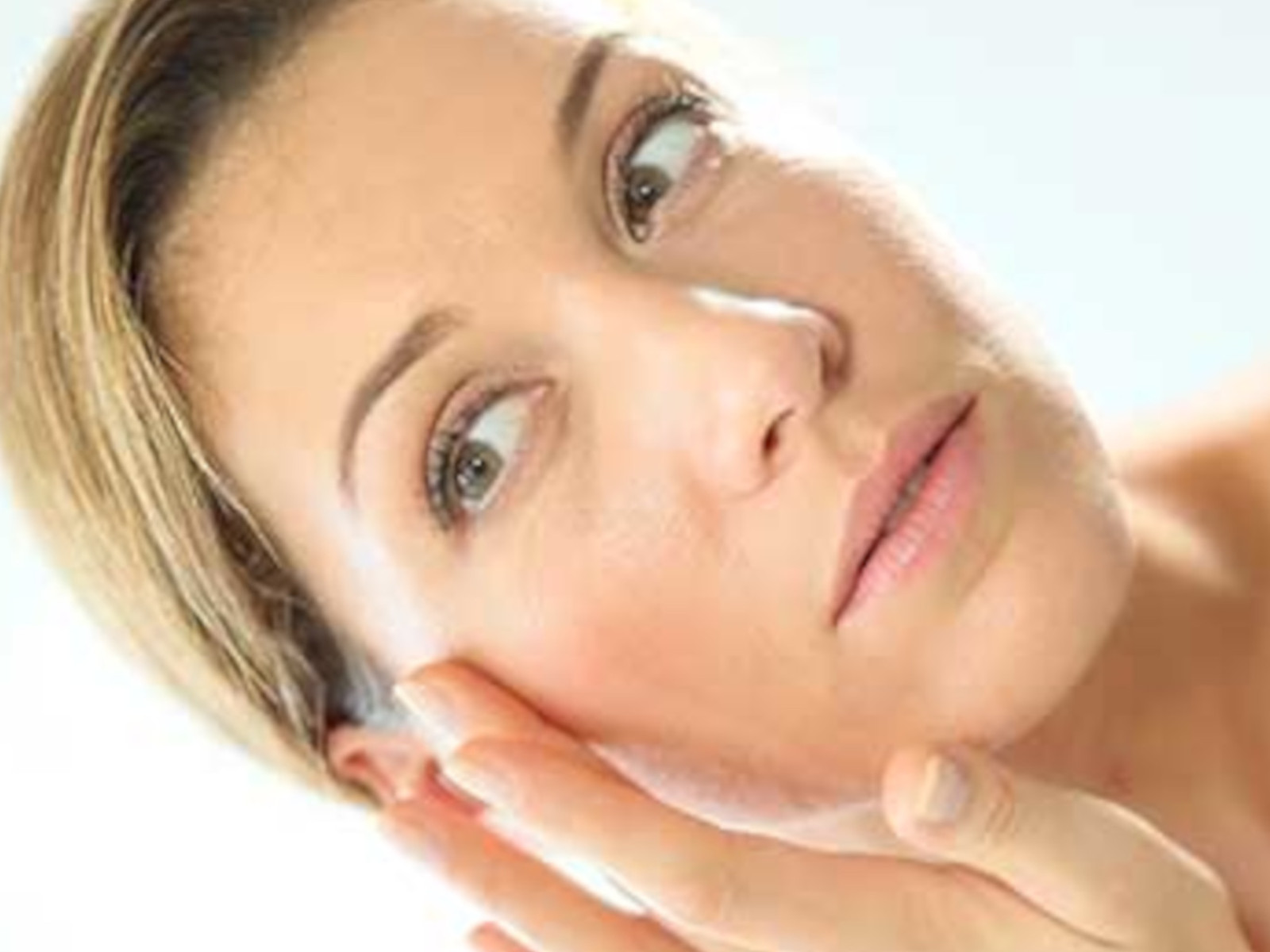
What is “successful ageing”? It’s our ability to function both physically and mentally in old age. So how can we best achieve this?
Although genes do contribute to attaining a good old age, there are other important variables, within our own control, which make a difference to how we age.
The main components of successful ageing are:
- avoiding disease and disability
- maintaining a high level of mental and physical function
- Continuing to engage actively in life, through productivity and strong interpersonal skills.
Research shows it’s almost never too late to begin healthy habits such as a sensible diet, regular exercise, avoiding alcohol, artificial ingredients and preservatives, not smoking and so on. Good choices can form a transition from higher risk ‘usual ageing’ to lower risk “successful ageing”.
In other words – we can choose to grow older with strength and vitality.
Normal ageing is not necessarily disease free, and ‘successful ageing’ doesn’t necessarily mean absence of a chronic condition. It has been shown that people can age successfully even with a chronic condition if ‘healthy lifestyle’ factors are present in their lives.
A ‘healthy lifestyle’ means avoiding health damaging behaviours and adopting a pro-active approach to wellbeing. This includes proper nutrition, physical fitness, social connectedness, cognitive activity, and stress reduction.
Many factors influence our physical needs as we age, including changes in muscle strength, bone density, cartilage and disc density, flexibility, motor control and balance as well as hormones and cell function. As we age our exercise requirements become more specific.
Exercise programs that focus on strength, mobility and balance have been shown to be the most relevant in successful ageing. Securing our bones with strong muscles doesn’t just aid our bone density, it also helps to prevent injury to bones, increases metabolism and aids cardio-vascular health.
Exercise also makes us happy! It creates responses in the brain, which lead to an increase in “feel good” chemicals such as endorphins and serotonins.
Dancing tops the list of proven activities that ticks all the successful ageing boxes. It delivers physical exercise, sensory awareness, learning new patterns, brain exercise, social contact and laughter.
Another is Yoga, for similar reasons, with the added bonus of being more accessible to those who may find a dance class too vigorous. Yoga ticks all the boxes of physical movement, breath, patterning to promote neural density in the brain (preventing Alzheimer’s, etc.), social contact with like minded others and promotion of the “feel good” chemicals, which address anxiety and depression. For information more about the benefits of yoga see our 6 health benefits of yoga article.
Studies performed on elderly people who are living beyond the ‘average age’ have shown that social support plays a major role in successful ageing. That is, having contact with like minded people – others who share our life’s philosophy and values.
In the words of Mark Twain – “AGE is mind over matter. If you don’t mind, it doesn’t matter,”

